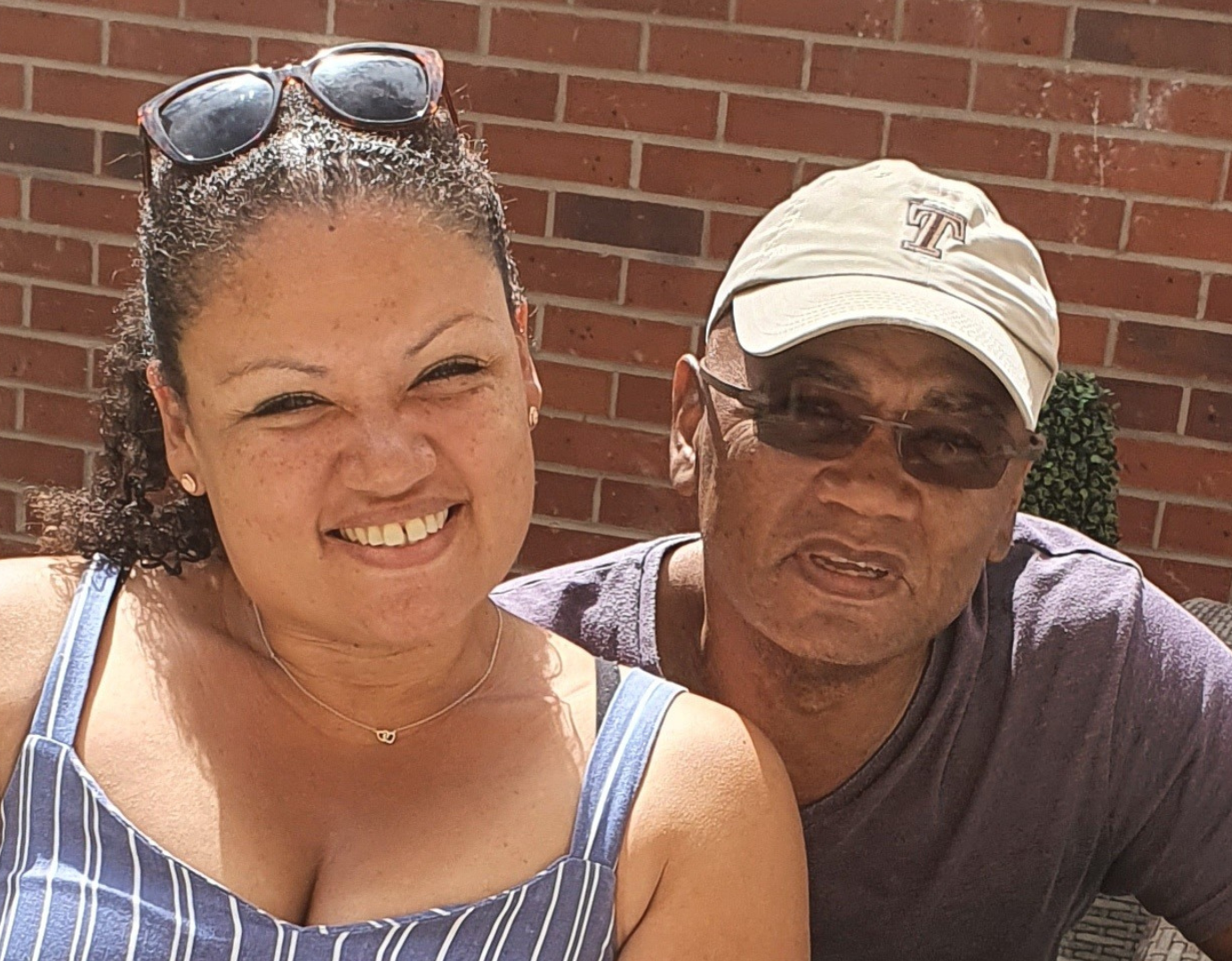Donna talks about her dad Milton
Raising awareness of the link between HTLV-I and adult T-cell leukaemia/lymphoma.

I wanted to share the story of my dad Milton to raise awareness of the link between Human T-Cell lymphotropic virus type 1 (HTLV-1) and a very rare lymphoma called Adult T-cell leukaemia/ lymphoma (ATL).
HTLV-1 infects at least 5 to 10 million people worldwide, although information is unavailable for many countries, so this figure is likely to be an underestimate. In England and Wales, an estimated 30,000 people are living with the virus. About 5% to 10% of people with HTLV-1 will develop lymphoma.
This virus is commonly found in people from the Caribbean, parts of Japan, and some areas of South and Central America and Africa, as well as sporadic cases from around the world. People usually acquire the virus at birth or during breastfeeding. This lymphoma is aggressive and requires urgent treatment in most patients and stem cell transplantation is frequently needed.
My dad was not aware that he was infected with this disease until he was 67 years old. He did not have any symptoms until 2021 when he was on holiday in his native St Kitts where he was born and raised until he was 11, with my mum. Things progressed when he got home but due to little being known about this condition, it took 6 months to diagnose him with HTLV 1. By the time he was diagnosed, the condition had already progressed into Adult T-cell lymphoma. Around this time, we also learned that he had had cancer of the appendix back in 2018 but this was caught very early and he did not need any further treatment. At the time, myself and my sister were not aware of this as my parents were trying to protect us and due to him not needing any further treatment, they did not feel it was anything we needed to worry about.
Dad initially was treated with R-CHOP chemotherapy but it was proved that this was not working, He was then lucky enough to be accepted onto the Valentine Trial which was running at the University College Hospital London in Summer 2022. This trial was specifically aimed at people with his condition and involved us attending the clinic in London 3-4 times a week. At first we felt it may be successful but as time went on, he became much weaker and was losing a lot of weight as his condition deteriorated and 9 months after his initial diagnosis, he succumbed to his illness.
Due to the fact that this condition can be passed on through various means, my self and my immediate family have been tested and have been lucky that we do not carry the gene.
As this condition has very much touched my life and due to others of my family being carriers, I decided that I want to raise awareness of this disease as well as raising money for charity, primarily Imperial Health Charity. This charity supports the research and treatment for people with this condition. I have set up an annual golf event with my dads golf buddies at the club he played at. This has very much helped me process what has happened and I get a lot of comfort from this, being as it is something that that meant so much to him.
Losing dad has had an impact on us all. We are seizing every moment as we know that is what dad would have wanted us to do. Mum decided to retire early and, with a group of friends, is going out and doing some travel and is learning a new way of life as her and my dad were together for over 40 years. I have decided to do some voluntary work in the Crime and Justice sector alongside my charity work.
I’m sharing dad’s story as I know he would have wanted me to raise awareness of this condition among people in the Caribbean community and others who may have contracted HTLV-1.
